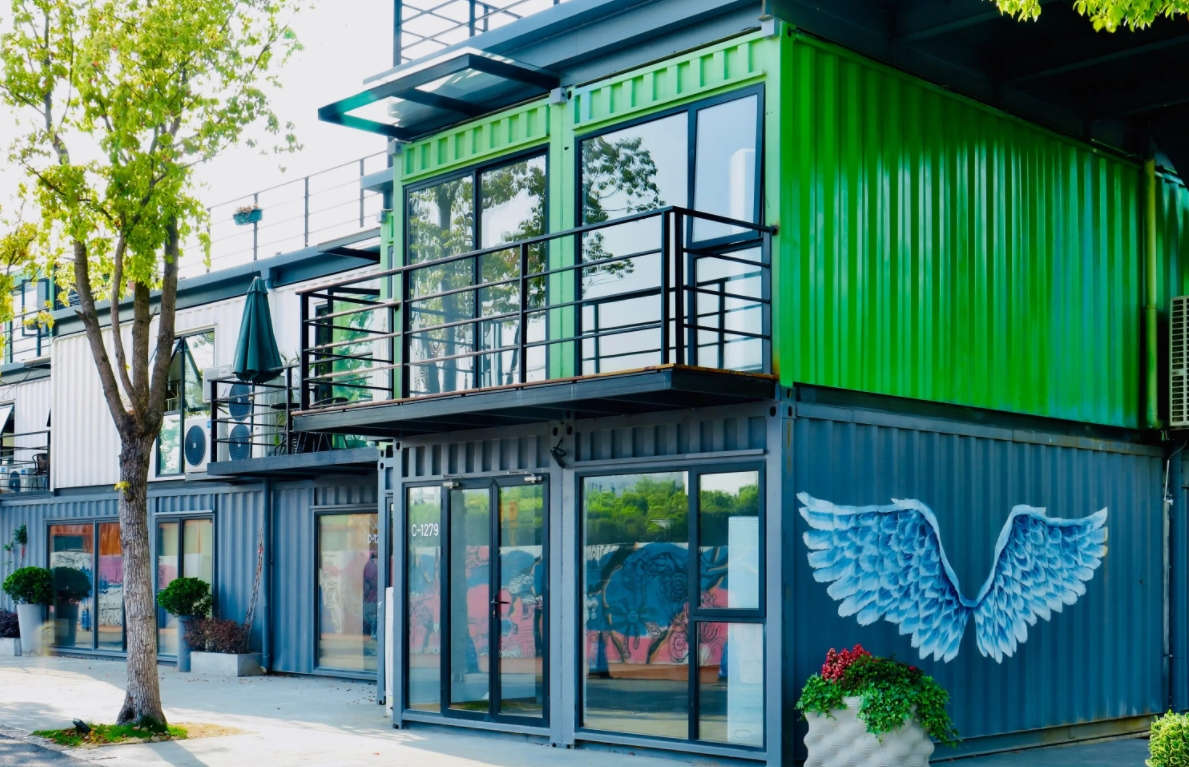Which Industries Commonly Use Container Offices? How to Ensure the Safety and Comfort of Container Offices?
Due to their unique advantages, container offices are widely used in various industries. So, which industries most commonly use container offices? And how can their safety and comfort be ensured? This article will address these common questions in detail.
Which Industries Commonly Use Container Offices?
1.Construction Industry: Construction sites often need temporary offices for project management, meetings, and employee rest areas. Container offices are easy to move and quickly deploy, making them ideal for this need.
2.Education Industry: Some schools and educational institutions use container offices as temporary classrooms or activity rooms to solve space shortages during periods of increased student enrollment or campus renovations.
3.Tourism and Hospitality: Tourist attractions and resorts often use container offices as temporary reception areas, ticket booths, or visitor service centers, combining aesthetics with practicality.
4.Healthcare Industry: In emergencies such as pandemics or natural disasters, container offices can quickly be converted into temporary medical stations, quarantine areas, or clinics.
5.Retail and Food Service: Container offices are also used to set up temporary shops, cafes, or fast food outlets. Their flexible layout and stylish appearance attract many customers.
How to Ensure the Safety and Comfort of Container Offices?
1.Structural Safety: Choose high-quality containers and ensure they are professionally treated to enhance earthquake and wind resistance. Regularly inspect and maintain the container's structure, promptly repairing any damages.
2.Fire Safety: Use fire-resistant materials in the design and layout of container offices, and install necessary fire safety equipment such as fire extinguishers and smoke detectors to ensure a swift response in case of fire.
3.Insulation and Soundproofing: Install insulation and soundproofing materials inside the container to effectively control indoor temperature and noise, providing a comfortable working environment.
4.Ventilation and Lighting: Ensure good ventilation and lighting conditions in the container office by installing large windows, ventilation systems, and air conditioning equipment to enhance workplace comfort.
5.Security Facilities: Install access control systems and surveillance equipment to ensure office area security. Provide safety training for employees to raise their safety awareness and emergency response skills.
In summary, the construction, education, tourism, healthcare, retail, and food service industries widely use container offices. Through proper design and maintenance, the safety and comfort of container offices can be ensured to meet the needs of various industries.
